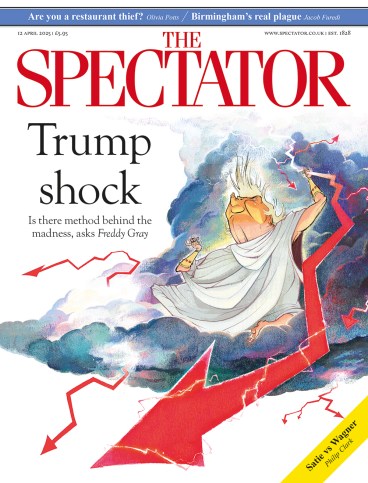
Show Don’t Tell, a collection of 12 short stories by the American writer Curtis Sittenfeld, explores marriage, sex, money, racism, literature and friendship from the 1990s to the present. There is a fine line here between memoir and fiction, with many of the female protagonists being Midwestern, bookish Democrats – quite like Sittenfeld herself.
In the eponymous story, Ruthie, a writer, dismisses the notion that ‘women’s fiction’ is perceived as giving off ‘the vibe of ten-year-old girls at a slumber party’. She reflects on internalised misogyny: ‘It took a long time, but eventually I stopped seeing women as inherently ridiculous.’
This volume can indeed be described as ‘women’s fiction’, whose subjects include mammograms, motherhood, menopause, pubic hair and clitoral stimulation. Sittenfeld explores the dilemmas of middle-class life and the sweet and sour nature of female friendship; and she successfully captures feelings and places – nostalgia for awkward youth, ‘usually hungover and let down’; dating and attraction, viewed as a ‘murky collaboration’; and some real zingers, such as ‘Harvard is a hedge fund with students’.
One character says about couples therapy: ‘The only thing worse than being in my marriage would be paying someone $250 an hour to discuss being in my marriage.’ The married state is described as ‘edible, but stale, like a cracker left on a sideboard too long’. And there is sound cautioning against ‘building a life on status markers’. Parents may relate to ‘the isolation of modern life’; to being called ‘cringe’; and to teens, glued to phones, condescending on the subject of veganism.
While the stories are funny and smart, they have an aftertaste of vanilla and are not as savage as, say, Lucia Berlin’s ‘A Manual for Cleaning Women’ or Nora Ephron’s essay ‘I Feel Bad About My Neck’.









Comments
Join the debate for just £1 a month
Be part of the conversation with other Spectator readers by getting your first three months for £3.
UNLOCK ACCESS Just £1 a monthAlready a subscriber? Log in